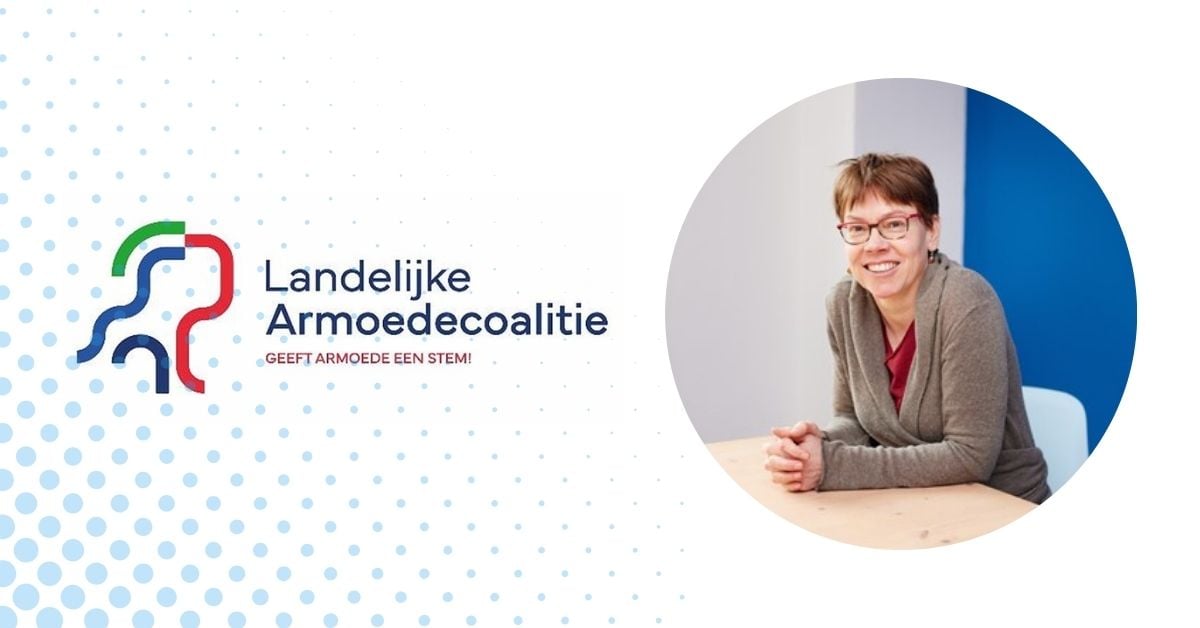What exactly does the Poverty Coalition do, and why is political monitoring important for you?
The National Poverty Coalition is a network of around 22 national organizations committed to supporting people living in poverty or with problematic debts. We were founded to combine our strengths and present a united voice towards politics. Our partners work from different perspectives—such as housing, employment, healthcare, or debt problems—but share one common goal: ensuring that everyone in the Netherlands can fully participate in society. We want to fight exclusion and strengthen social security for all.
Poverty is a many-headed challenge. It’s not just about a lack of money, but also about stress, limited opportunities for development, and social exclusion. That’s why our priorities are broad: achieving income security, keeping small debts small (for example by preventing unnecessary increases through fines or reminders), and stimulating opportunities for personal development.
We are a lightly organized network—for example, I personally only work six hours a week as secretary. That makes efficiency crucial. Our aim is not to replace other organizations, but to strengthen what is already happening. By acting together with 22 organizations, we can make use of the power of numbers. If multiple organizations raise the same issue through their own channels—such as high housing costs or insufficient benefits—it creates an echo in political The Hague. That significantly increases the chance that a theme will be taken seriously.
How does political monitoring support your advocacy efforts?
Because we are so lightly organized, it is essential for us to know in time when relevant debates or policy developments are on the agenda. If I only find out two weeks in advance that a debate is coming up, I have to act immediately: draft a letter, build support, coordinate with other organizations, and so on. But if I know early what’s coming, I can lobby more strategically, join discussions at the right moment, and maximize our influence.
Political monitoring also helps us see what other stakeholders are doing, both within our coalition and beyond. In the past, I depended on informal networks—like a colleague at the FNV who would send me documents. But if that colleague left, the information source disappeared. Monitoring makes us more independent and better informed.
How does Polpo help you follow political themes?
Polpo helps me keep an overview. I can log in once a week, and within fifteen minutes I know which political developments are relevant for us. That allows me to quickly decide whether we need to take action—and if so, in what way.
Polpo also allows me to track what our stakeholders are doing. Sometimes I see, for example, a response from the VNG, or signals from member organizations such as Aedes or the Woonbond. That helps us determine which issues are already well covered, and where the Poverty Coalition can still add value.
We also use arguments and insights from reports by the Social Minimum Commission and the Institute for Public Economics. These documents help us demonstrate that the social security system is still falling short, and where improvements are needed. This way, together with other organizations, we can continue to push for structural measures.

